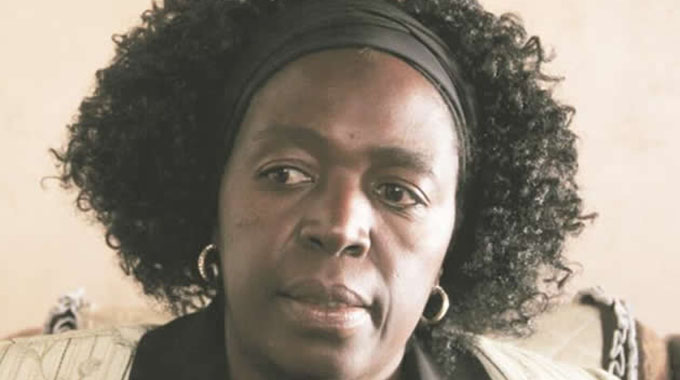Development of power supply a priority

Sifelani Tsiko in Gwanda
The expansion of power supply to rural communities remains a top priority for Government as it seeks to achieve its vision to make Zimbabwe a middle income economy by 2030.
In a speech read on her behalf by Dr Sosten Zivuku, the Deputy Minister of Energy and Power Development Magna Mudyiwa said it was important to expand access to energy in order to spearhead rapid and equitable electrification of rural areas in the country.
“Government recognises the initiative taken by Practical Action and its partners to contribute towards the attainment of the vision of Government to achieve universal access to sustainable energy in Zimbabwe by the year 2030,” she said.
Government, she added, had since 2002 set up the Rural Electrification Fund under the Rural Electrification Agency to rapidly expand the national grid to areas where previously there was no grid connectivity.
This was said at ceremony to commission and handover the 99kw Mashaba solar mini grid to the local community in Gwanda South constituency.
More than 10 000 people are now benefiting from Zimbabwe’s first solar powered mini grid which has enabled locals to access cheaper and reliable energy.
The project was funded by the European Union (EU-ACP), with co-financing from OPEC Fund for International Development (OFID) and the UNDP-Global Environmental Facility (GEF).
It was implemented by a consortium of NGOs with Practical Action as the lead partner supported by SNV, Hivos and the Dabane Trust.
The solar mini grid is providing power to a radius of 25km helping to boost economic activities in 3 irrigation schemes – Mankonkoni, Sebasa and Rustlers’ Gorge, business centres- Mashaba and Msendami as well 2 social services- Mashaba Clinic and Mashaba Primary School.
Deputy Minister Mudyiwa said the solar mini grid project was successful model which should be replicated in various parts of the country.
She said over 10 000 solar home systems had been installed countrywide and 400 mini grids set up at rural schools and clinics as the Government stepped up access to power for rural communities.
In addition, she said, a number of solar irrigation systems have been set up with support of various development partners.
“Government through REF has come up with the Rural Energy Masterplan which maps out the available alternatives to rapidly provide energy to communities that are yet to be connected to the grid,” she said.
“It is worth noting that the Government of Zimbabwe does not take electricity as a luxury as we used to, many years back, but as a basic necessity for everyone.
“It is our desire to realise a 100 percent electrification rate in the country to ensure realisation of our vision 2030.”
Speaking at the same event, Practical Action regional director Kudzai Marovanidze said the model should be replicated across the country to empower rural communities.
“Installations of solar mini grid should not only start and end in Mashaba village, it should inspire our partners in the private and public sector to replace and further increase investment in solar energy to reach many off grid communities who are the last mile and still not connected to electricity.
“As Practical Action we will continue to work with key actors in the energy sector to promote and support wider access to clean energy by disadvantaged communities.”
This small and decentralised solar power system operates independently of the main grid managed by the country’s power utility – Zesa.
The installation of the solar system is helping the local community to make significant savings on energy costs while at the same time promoting a cleaner environment.









Comments